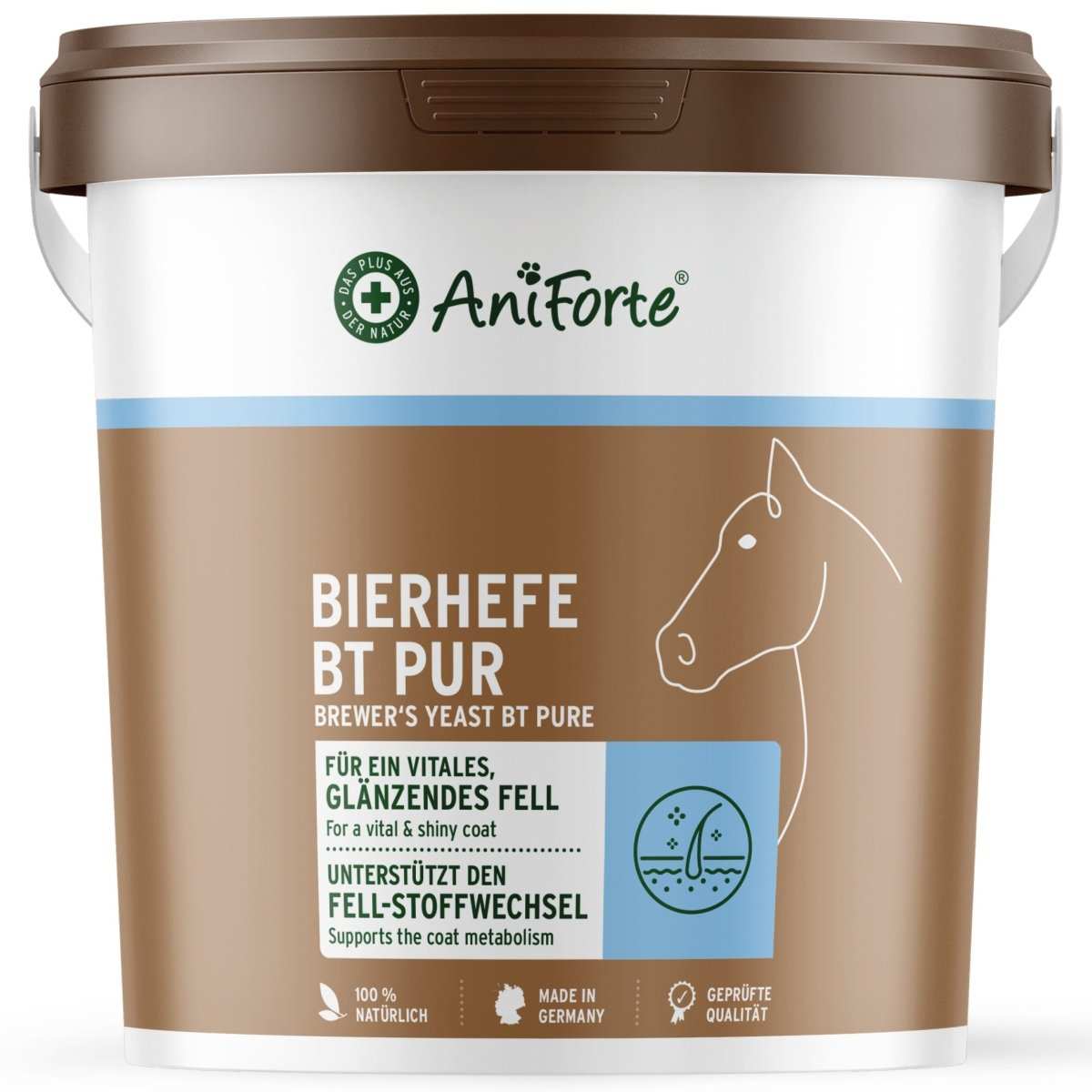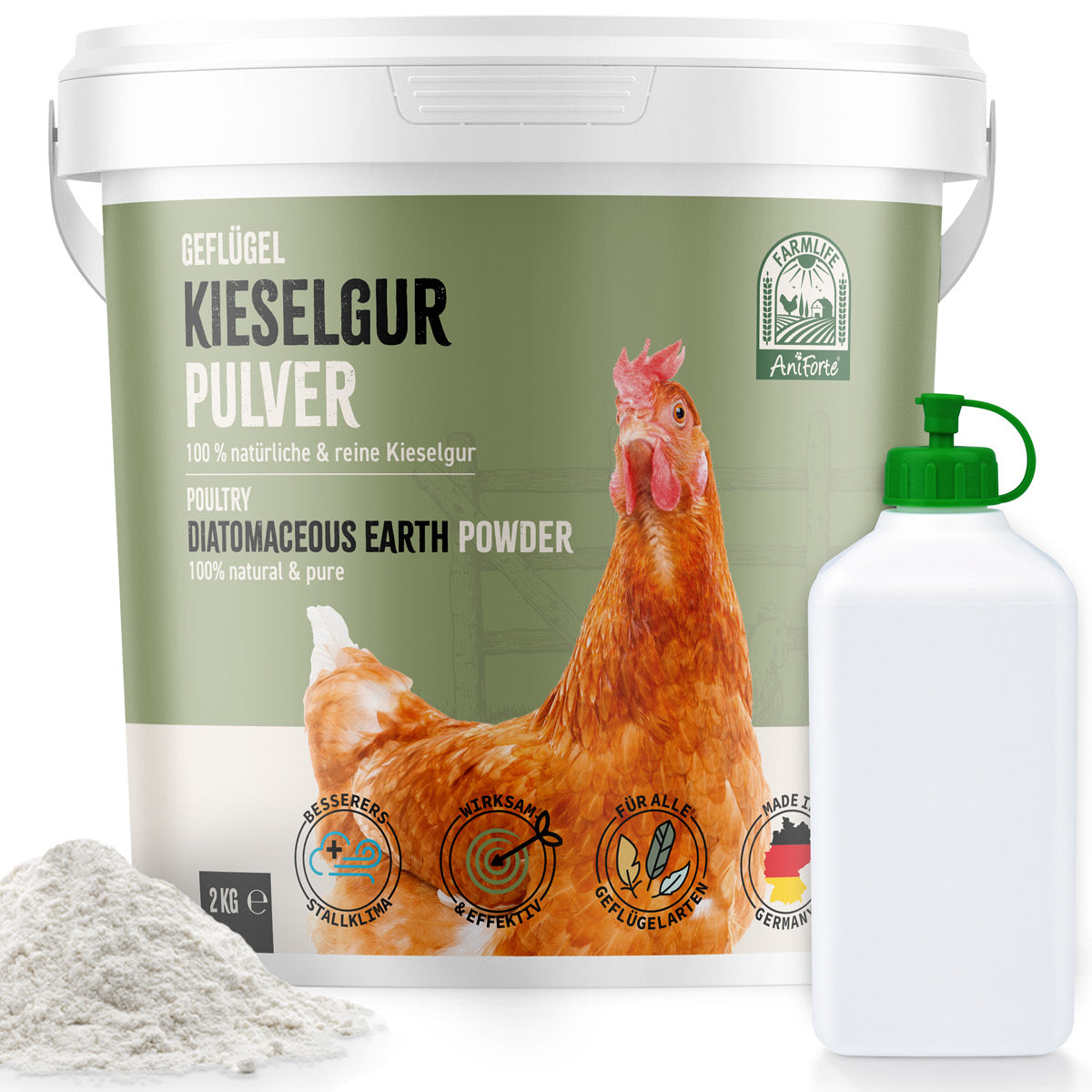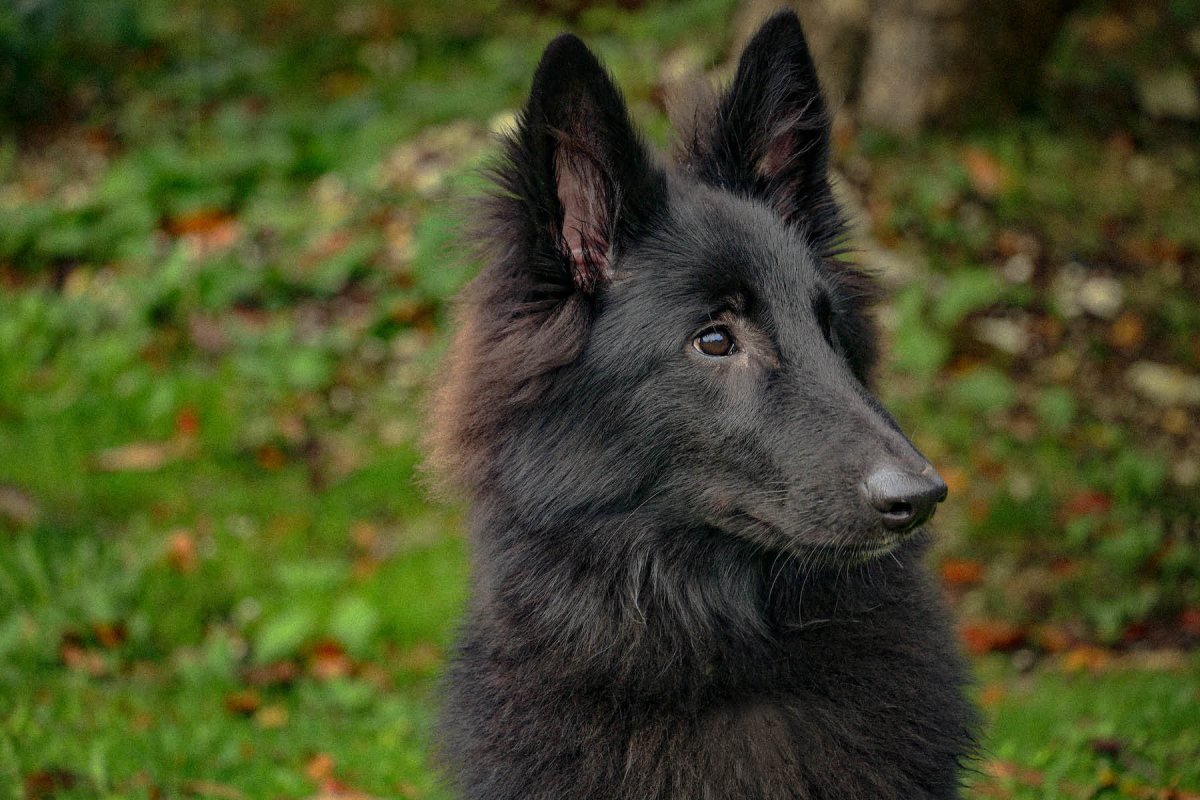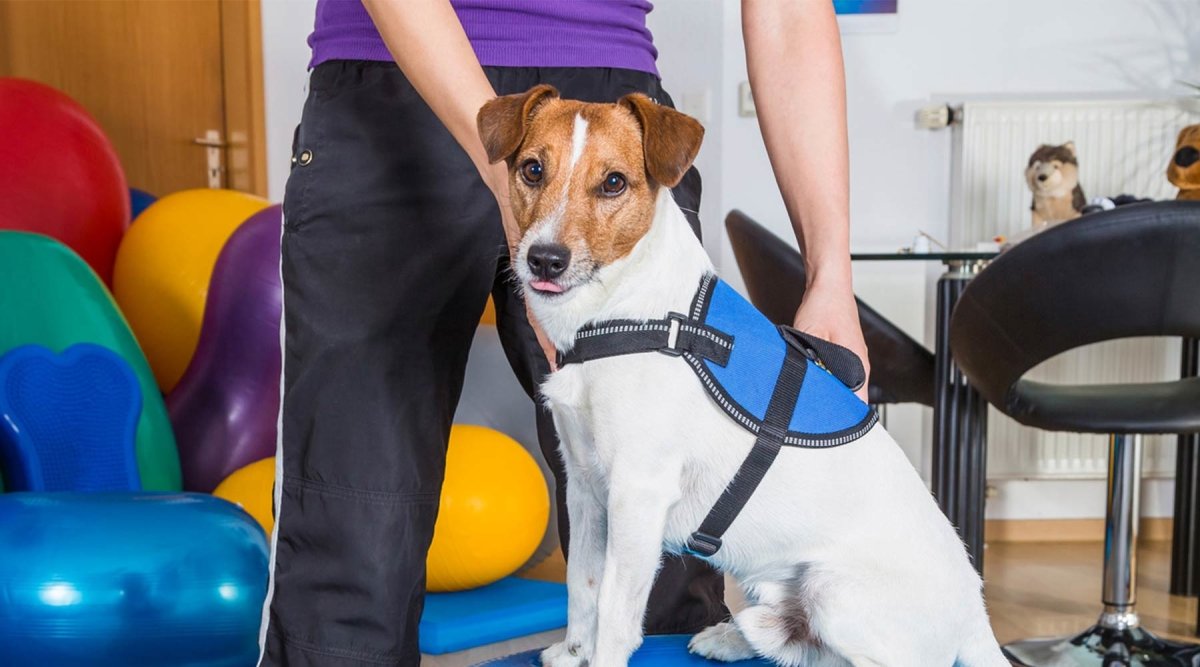A treat here, a reward morsel there - we all like to spoil our four-legged friends. But before you know it, our four-legged friend has put on a little too much winter fat. Our veterinary practitioner Angelica explains how to get rid of the unnecessary and unhealthy excess weight and which food is best to avoid.
Facts about obesity in dogs and cats
With a normally active four-legged friend, a treat or two certainly won't do any harm. However, if you overdo it, your pet will put on a few pounds over time. Feeding from the table is popular, but this promotes weight gain and should therefore be avoided. Because more than 35% of all dogs and cats in Germany have too much on their ribs. This particularly affects older animals. Being overweight (obesity) is therefore not uncommon, but unfortunately it is also not without danger for your pet. But why are more and more four-legged friends overweight?
Reasons for obesity in four-legged friends
The causes of weight gain in your dog or cat can be cat can be very diverse. It is often a combination of several factors that turn your slim four-legged friend into a chubby lazybones.
1. possible illnesses
Some owners do not even recognize the problem themselves, but are told by friends and neighbors or when visiting a veterinary practitioner or vet that their pet is overweight. When the scales suddenly show significantly more kilos, pet owners are often surprised and horrified at the same time. In order to rule out possible illnesses - such as a thyroid disorder - it is best to have your overweight pet undergo a health check.
2. castration
Studies show that weight gain occurs twice as often in spayed bitches than in unspayed bitches. Why is this? Basically, sex hormones regulate your dog's or cat's appetite and metabolism. They inhibit the feeling of hunger and stimulate the metabolism. After castration, this influence of the sex hormones no longer applies. The result is excessive appetite with reduced energy requirements. However, this does not mean that every neutered animal becomes overweight.
3. pampering - but in the right dose
It's all about the dose: snacks in the form of leftovers, cheese, pig's ears, dried meat, tuna in oil, which are fed in addition to the main meal, but also misunderstood animal love in the form of sausage, cake, bread, etc. are high in calories and promote weight gain. It helps to realize that your pet is suffering from obesity. Contrary to your well-meaning intentions, you are not doing your pet any good with too many treats.
4. a question of convenience
As a pet owner, you should first look at yourself: Is your own convenience and the easier handling of ready-made food compared to freshly prepared food possibly one of the reasons for the weight gain?
Wet or dry food manufacturers suggest to us pet owners that our dog or cat will be provided with everything it needs and will not suffer any nutritional deficiencies. This conveys a sense of security - because feeding four-legged friends with a minimum of effort makes keeping them all the easier and more popular. However, this way of thinking shifts the responsibility to the food manufacturers.
Dry food in particular, the most popular type of food in Germany, is inexpensive, requires little effort and is easy to store. Due to its low moisture content and high carbohydrate content, dry food has a high nutritional value. dry food has a very high energy density. So if you feed too much of it or don't give your four-legged friend enough exercise, it can quickly lead to obesity.
How do I prevent my four-legged friend from gaining weight?
1. which food is right for you and your pet
First of all, it is important to think about the right food. Your pet eats what you give it. So find out which food suits you and your four-legged friend - and also find out about the energy of the different types of food. Take a look at the information on the food packaging.
However, please note that these are recommendations that do not necessarily apply to your dog or cat. Every animal is individual and so the food must also be adapted to the individual animal. Therefore, a mixture of informed shopping and observation of your four-legged friend is the first step towards controlling your pet's weight.
2. ensure sufficient exercise
The more kilos the animal gains, the more difficult it becomes to exercise. The animal becomes more lethargic and moves less and less. This can quickly lead to a vicious circle. You should therefore ensure a healthy amount of daily exercise right from the start to keep your pet fit and prevent obesity. Have you noticed that your beloved four-legged friend has been having problems with their joints recently and is only walking with restrictions or stiffness? He may be lacking important nutrients, among other things. Try our green-lipped mussel powder or the green-lipped mussel capsules in full-fat quality for natural joint support. These contain all the glycosaminoglycans, essential omega-3 and 6 fatty acids that can help maintain healthy joints and cartilage.
3. observe your pet's belly fat
Four-legged friends put on weight mainly on the chest, lumbar spine and belly. If you look at the silhouette of your cat or dog, the fur often belies the real weight of the four-legged friend. To correctly assess the real amount of belly fat, first feel your pet's ribs. If you can feel them directly when you press lightly on the side of the chest, it is not too fat. If there is a layer of fat over them, the animal should be losing weight. If the ribs can no longer be felt at all, then it is too fat.
Health risk from being overweight
In today's society, which does not stop at the slimming mania of humans for animals, it is important to mention that obesity is not just an aesthetic problem. Rather, your pet's weight gain often also poses a health risk. For example, your dog or cat could suffer from joint wear and tear or diabetes in the long term. The following diseases often occur as a result of obesity:
● Constipation
● Respiratory problems, shortness of breath
● Sluggishness
● Diabetes
● Incontinence in spayed bitches
● Cardiovascular diseases
● Poor skin and coat quality
● Joint wear
● Fatty degeneration of organs
So obesity in pets should not be underestimated, as it has a strong influence on your four-legged friend's quality of life.





